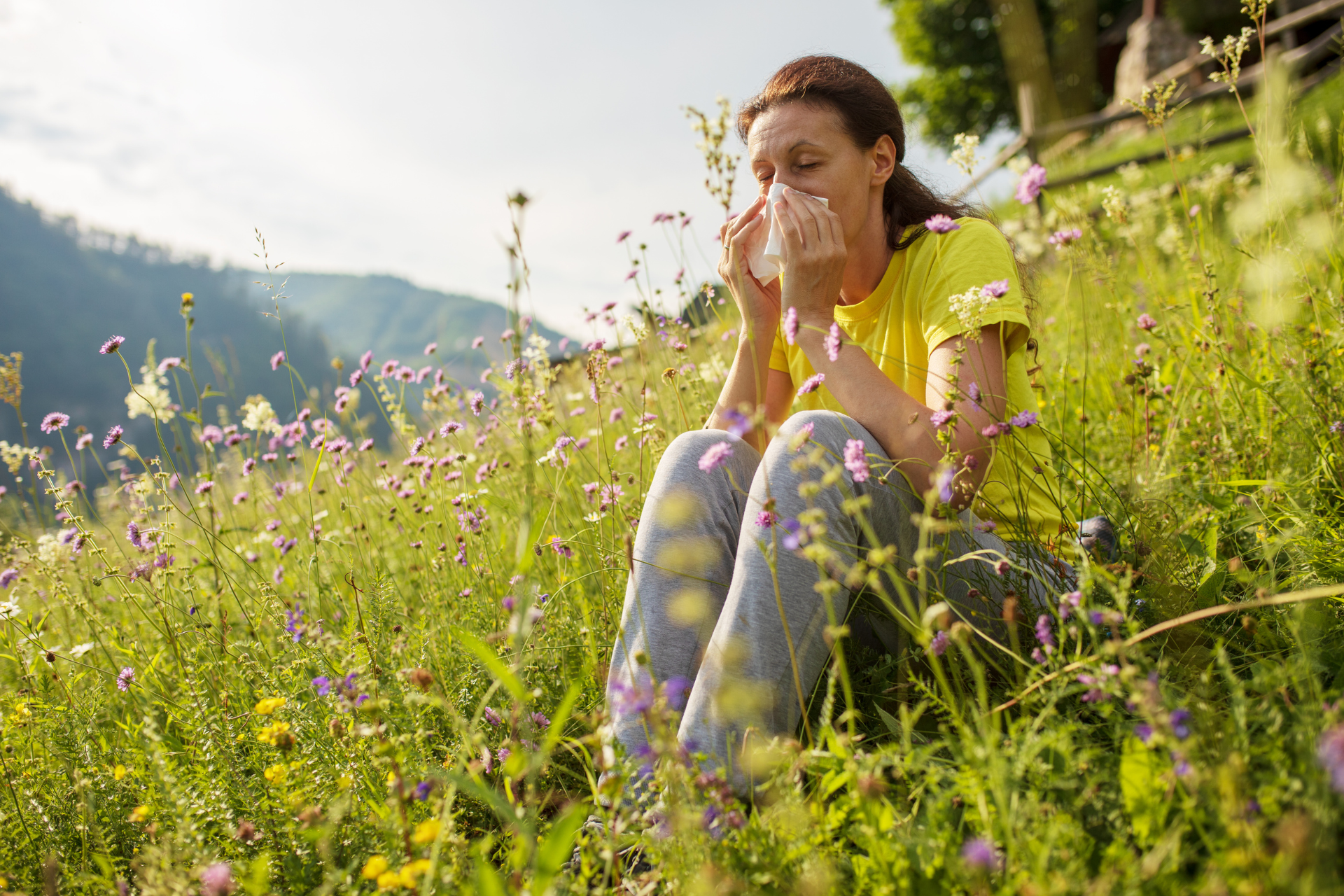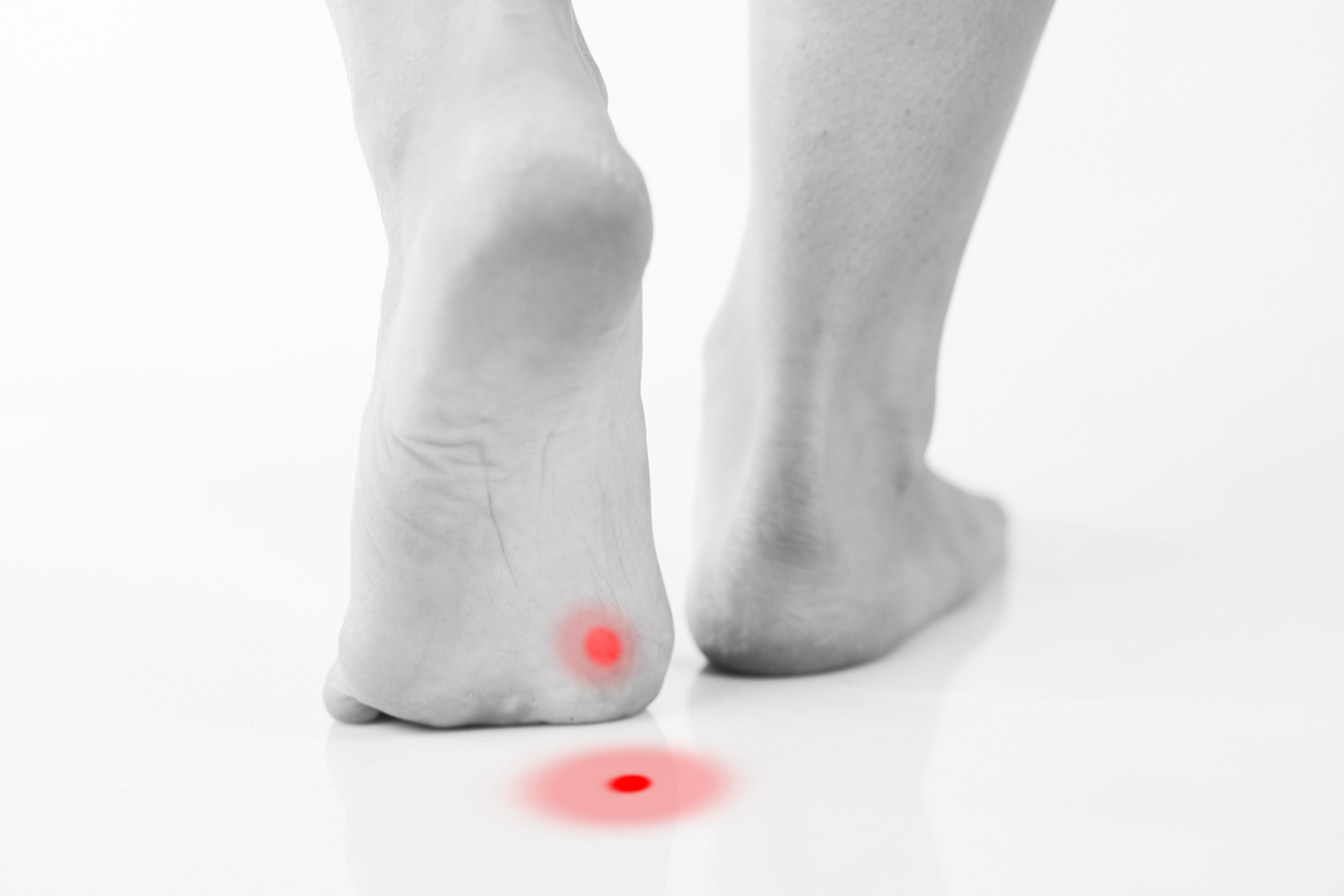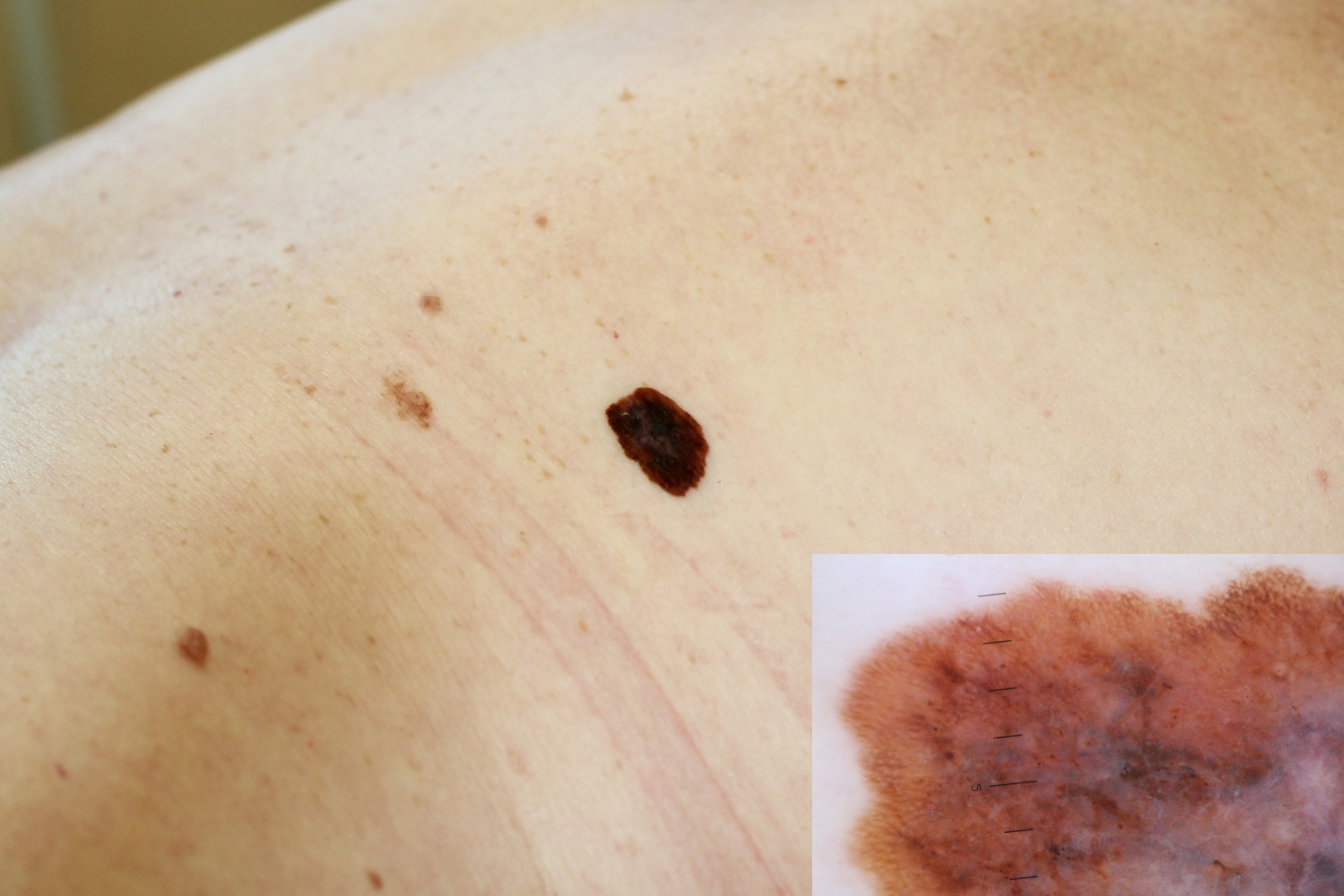Allergy Season Survival Guide: Tips to Stay Symptom-Free

As the flowers bloom and the trees fill with leaves, the promise of spring brings joy—but for many, it also ushers in allergy season. At Fall Creek Skin and Health Clinic, we understand how debilitating allergies can be, impacting your quality of life and skin health. Fortunately, with the right strategies, you can navigate allergy season with reduced symptoms. Here’s our comprehensive guide to help you stay symptom-free.
1. Understand Your Allergens
The first step in managing allergies is identifying what triggers your symptoms. Common allergens include pollen, mold spores, pet dander, and dust mites. Keep a journal to track when and where your symptoms worsen. There are also allergy tests available at our clinic that can pinpoint your specific triggers. Recognizing your allergens is key to prevention.
2. Monitor Pollen Counts
Stay informed by checking local pollen counts on weather apps or websites. Pollen levels tend to peak in the morning, so plan your outdoor activities later in the day. On high-pollen days, consider exercising indoors to minimize exposure.
3. Create a Clean Living Environment
Maintaining a clean and allergen-free home is vital. Invest in high-efficiency particulate air (HEPA) filters for your home’s HVAC system and use HEPA vacuum cleaners to trap allergens. Regularly wash bedding and curtains in hot water to eliminate dust mites and pet dander. Consider removing carpets, as they can harbor allergens, and use hardwood or tiled flooring instead.
4. Keep Windows Closed
While fresh air is lovely, open windows can invite pollen inside your home and vehicle. During peak pollen seasons, keep windows closed and use air conditioning to maintain a comfortable environment. This will also help filter out allergens circulating in the air.
5. Stay Hydrated
Hydration is key to supporting your immune system. Drinking plenty of water can help thin mucus in your airways and alleviate nasal congestion associated with allergies. Herbal teas with natural antihistamine properties, like peppermint or chamomile, can also provide relief.
6. Consider Allergy Medications
Over-the-counter antihistamines can offer effective relief from allergy symptoms. However, it’s important to consult with our healthcare professionals at Fall Creek Skin and Health Clinic before starting any new medication. For persistent symptoms, we may recommend prescription treatments or allergy shots tailored to your specific needs.
7. Maintain a Healthy Skin Care Routine
Allergies can significantly affect your skin, leading to rashes or dryness. To maintain healthy skin during allergy season, incorporate gentle cleansers and hypoallergenic moisturizers into your skincare routine. Avoid products with strong fragrances or harsh ingredients that may worsen skin irritation.
8. Seek Professional Advice
If your allergies are severe or worsening, make an appointment with us at Fall Creek Skin and Health Clinic. Our experienced team can provide a thorough evaluation and personalized treatment options that fit your healthcare needs. Remember, you’re not alone in the struggle; we are here to help you manage your allergies effectively.
Conclusion
Navigating allergy season doesn’t have to leave you feeling helpless. By understanding your triggers and implementing these tips, you can greatly reduce your symptoms and maintain your overall health. At Fall Creek Skin and Health Clinic, we are dedicated to helping patients of all ages find relief from allergy-related issues while ensuring your skin stays healthy and vibrant. Embrace the beauty of spring without the burden of allergies this year!




